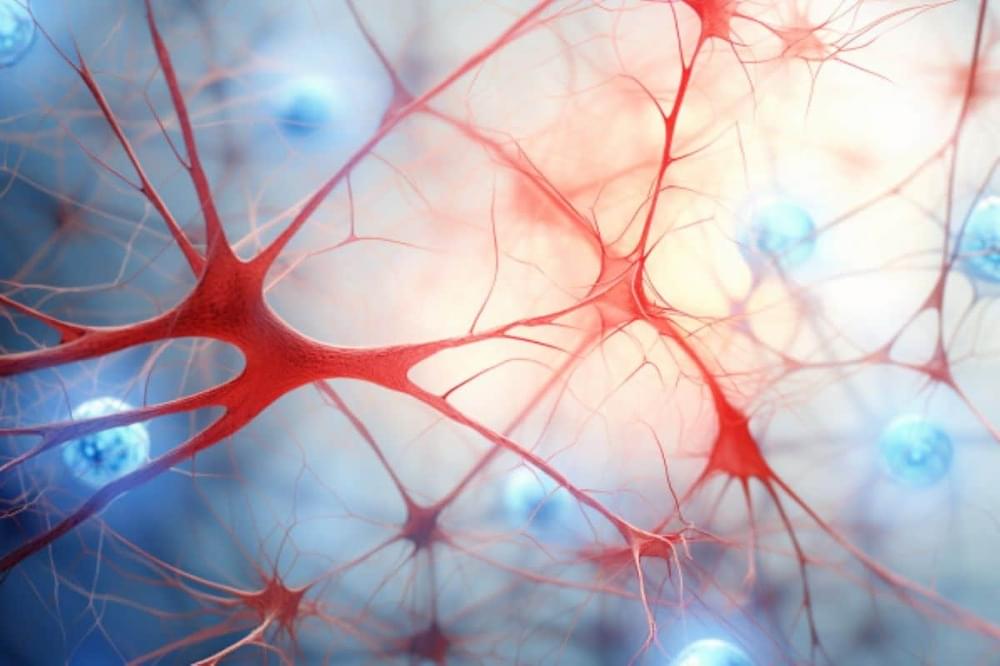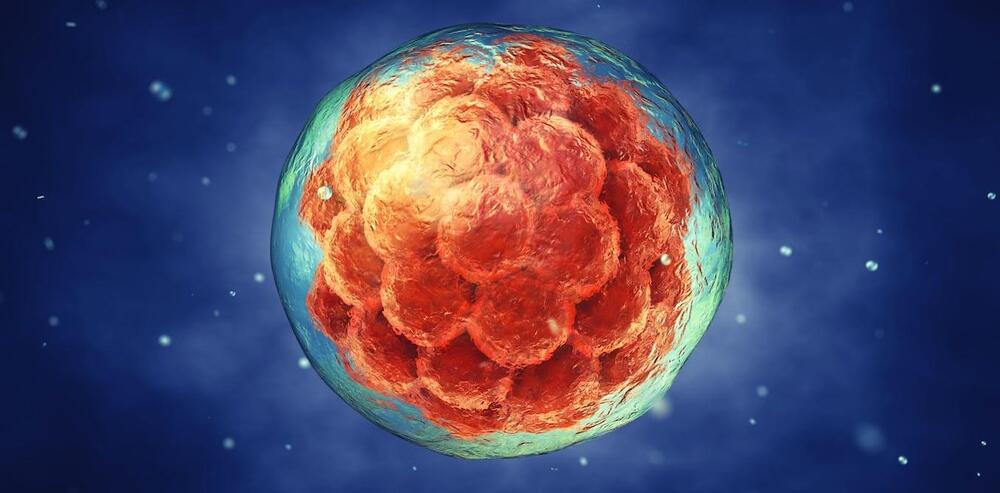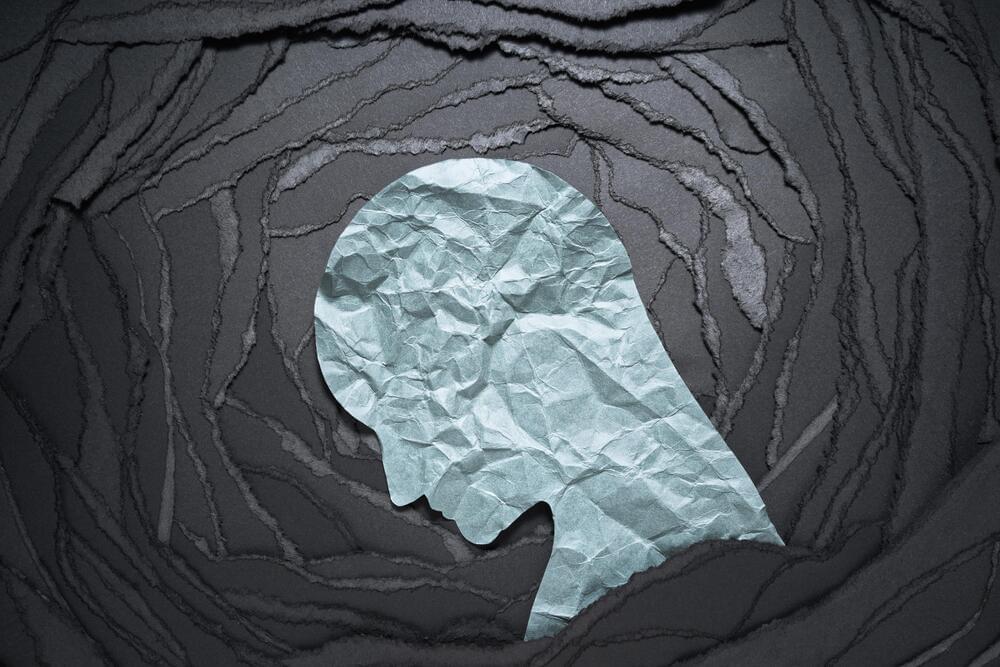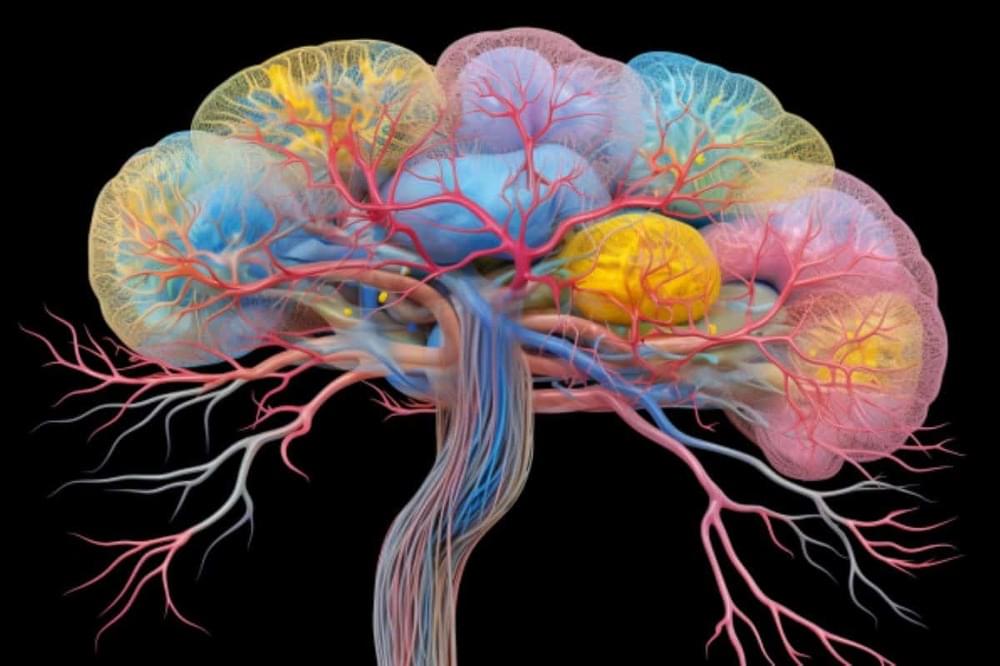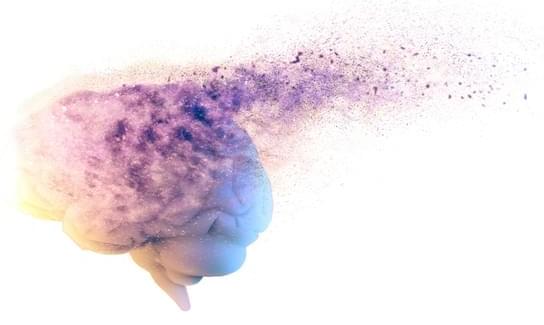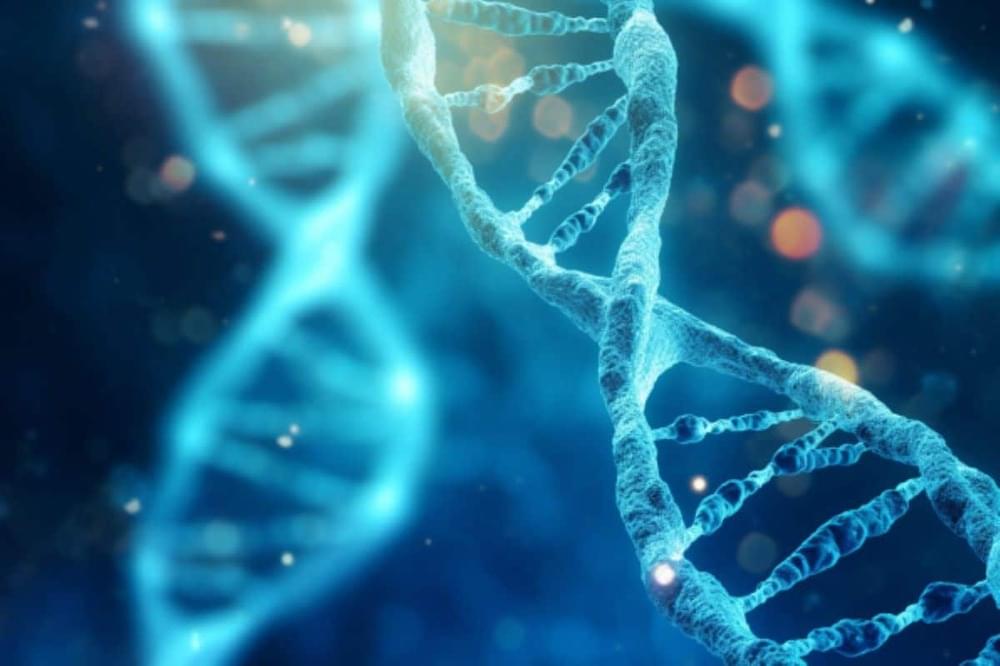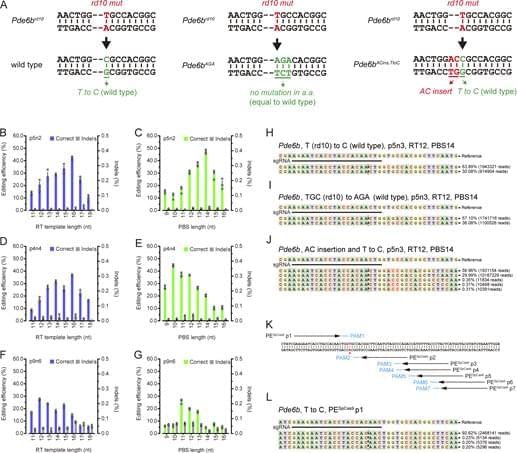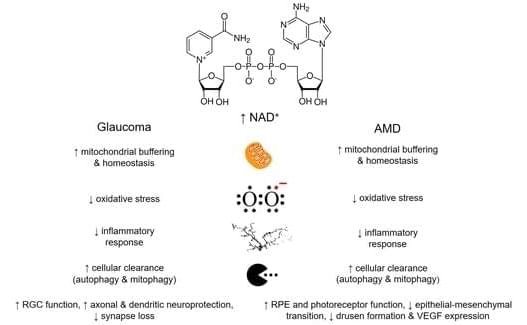Sep 19, 2023
Brain in a Dish: Bio-Computing’s Rise and Ethics in the Age of Living Machines
Posted by Jose Ruben Rodriguez Fuentes in categories: bioengineering, biological, computing, ethics, neuroscience
Summary: The revolutionary field of bio-computing is making waves as DishBrain, a neural system combining 800,000 living brain cells, learns to play Pong. Recognizing the pressing need for ethical guidelines in this emerging domain, the pioneers behind DishBrain have joined forces with bioethicists in a study.
The research explores the moral considerations around biological computing systems and their potential consciousness. Beyond its innovation, the technology offers vast environmental benefits, potentially transforming the energy-consuming IT industry.
